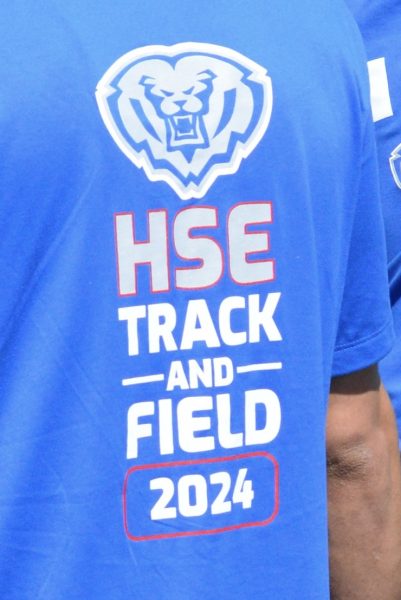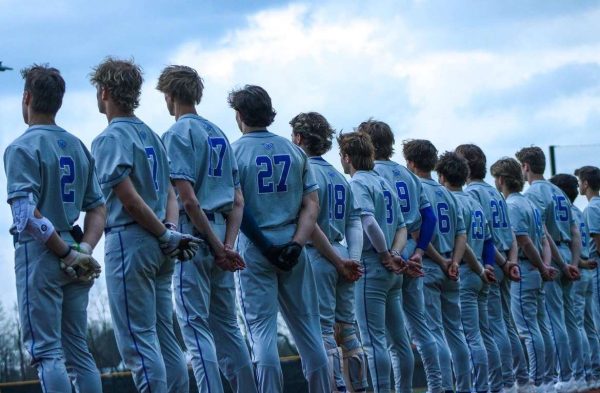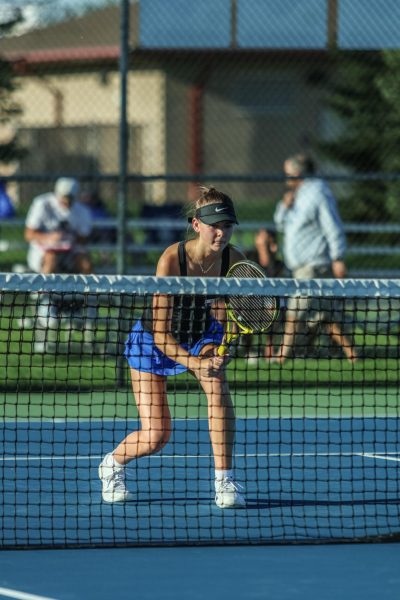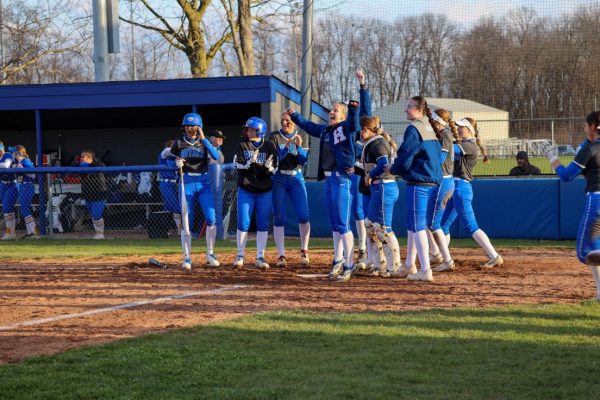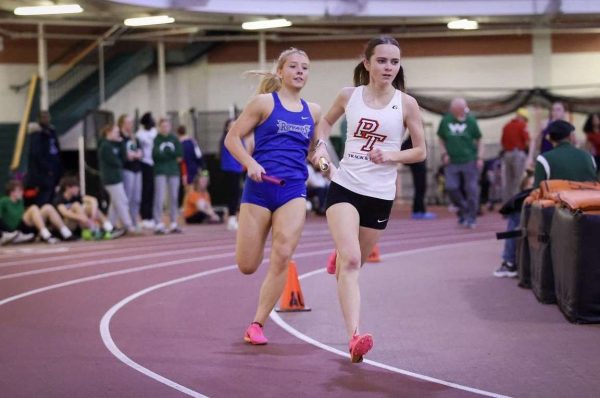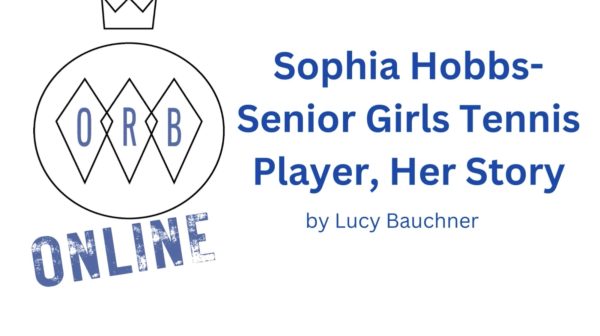A Touch on Athlete’s Mental Health with Kierstin Mitchell and Zach Lang
April 24, 2023
Mental Health Awareness Month is approaching in May. Varsity and club wrestler, Zach Lang, and retired HSE and AAU volleyball player, Kierstin Mitchell were interviewed to see their outlook on how sports can play a big role in athletics.
Poor mental health has become a common theme among a lot of teens, especially athletes. Whether or not sports help or hurt athletes depends on person to person. Both Lang and Mitchell have been a part of HSE athletics and seemed to have very different experiences.
“I think depending on how you approach the sport, your mental health can be either be affected in a positive or negative way,” Mitchell claims.
She explains how the coaches played a big role in her confidence on the court, and even some of her teammates would constantly be tearing her down, making her feel “worthless”.
Lang describes how over the years he has found peace with his mental health since he realized that it matters who you are off the mat- as a person, not an athlete. However, he admits that sports can put a lot of pressure on him, but it builds routine throughout his life.
Being a student-athlete can develop a sense of body image issues due to coaches’ expectations to be fit and trying to fit in with teammates.
Lang shared how he was told to cut fifteen pounds in one month to compete.
“It takes a toll on your body for sure, but also you have to be mentally tough,” Lang says.
Having to cut weight as a wrestler requires a lot of preparation including dieting and sometimes listening to the scale rather than your hunger. This can be harder for some people than others, so focus is essential.
As a volleyball player, they are not required to cut weight but in Mitchell’s perspective, her position seemed to have one body type, one that she wanted.
Mitchell states, “Since I was a libero, almost all of the other players were small and petite. I thought that if I were smaller to ‘fit the traditional image’, then maybe I would have had better opportunities.”
With already having to balance school work, family life, friends, and sports, she now had to worry about the way she looked because the smaller players were favored over her. Being in her head so much on the court affected the person she is today. She still is working on getting through her past, wishing that these feelings did not carry over the long term.
Lang says that he doesn’t have body image issues himself, but he knows of a few teammates that do. The wrestling coach is always there to support the athletes no matter what they are going through.
“If you are struggling with something like that, all you have to do is talk to our coach and he will understand,” he says.
Lang is so thankful that he has such a great coach on his hands and that there is a comfortable environment for the team.
Both wrestling and volleyball require a lot of mental toughness, so good coaches and teams should not be taken advantage of. Overall, the two athletes agree that the person they are outside of sports is more valuable than anything they will perform. This is a core moral that they should never forget.






